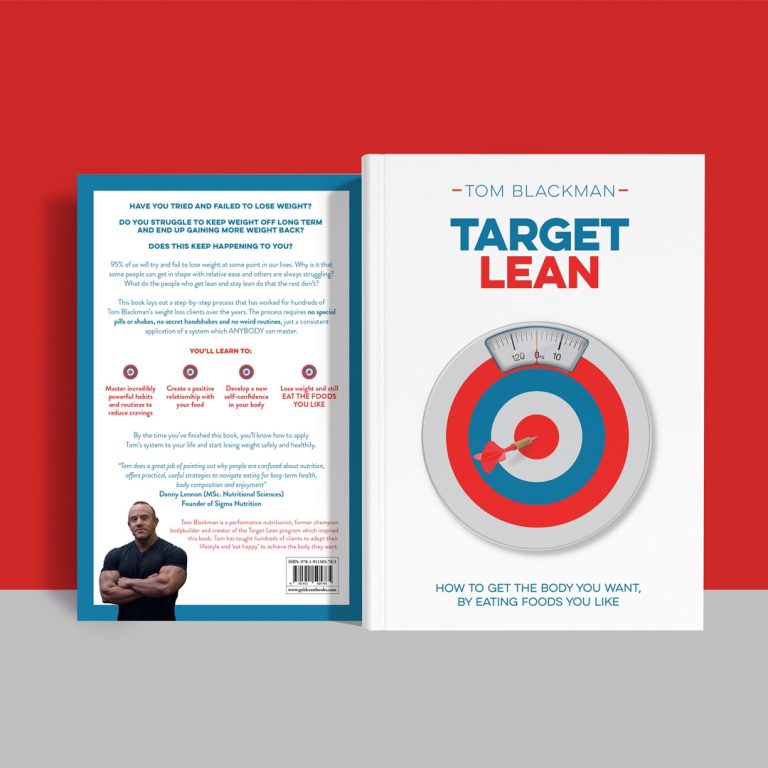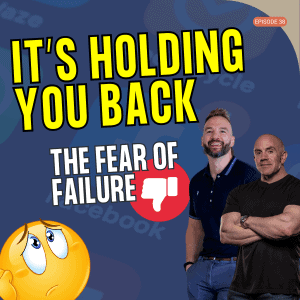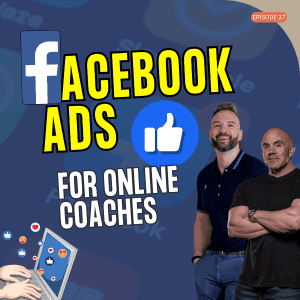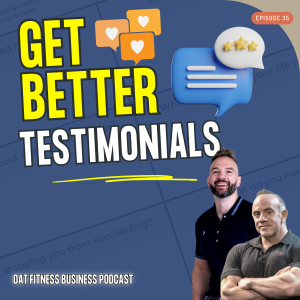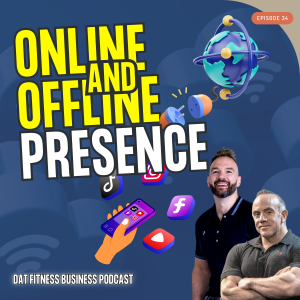Hedonic Eating and Picking at Food When You Are Not Hungry
“These are my chips, I asked you if you wanted any chips you said no, so there are no chips for you.”
The raging debate that divides households throughout the world.
When someone makes chips
- The question is asked “do you want chips?”
- The answer is given in the negative
- Chips are cooked
- “Can I have a chip?”
Why does this occur? Surely the stealer of chips was aware chips were being cooked and could have asked for chips then.
But NOOOOOOO
They want to wait until you’ve cooked your chips and then STEAL one of the chips you have allocated yourself.
“But I didn’t want any when you asked, but now I do”
- EVERY
- SINGLE
- TIME
Overeating when you are not hungry
It’s a phenome.. fenone…phenomneo, THING called Hedonic Eating
Hedonic eating is not real hunger but it gives us all the same signals as hunger.
We see food and immediately want it, even though 30 seconds earlier we weren’t hungry.
It doesn’t happen with all foods though, just tasty ones.
No one really sees a bag of sprouts and thinks
“I’d ruin that”
Donuts though….
Clear the room
Dopamine, the addiction hormone
Dopamine gets a bad rap as it’s also the hormone associated with addiction.
Nice tasty treats release dopamine and so does cocaine.
This is why you get people saying that sugar is as addictive as cocaine.
If that were true you’d have sugar addicts lining up to stock up on bags of 99 pure Tate and Lyle in Asda.
Dopamine is a reward hormone and it tells us when things are enjoyable to us so we learn to do them again. Unfortunately refined drugs and foods light up dopamine much higher and this leads to addictive behaviour.
Dopamine, the motivation hormone
However what people don’t normally know is that while dopamine is released after an action it’s also released in anticipation of an action. This is what motivates us to do something.
Mice who have dopamine knocked out of their system just sit there doing nothing and die. So we need dopamine to survive but also need to know when to manage it.
This is where the one chip comes in.
Eating chips generally gives a rewarding release of dopamine and this is why when chips are placed in front of us we will get a strong urge to eat them.
Less so when someone just offers to make us chips as there’s no real stimulus. We have to go through the thought process of imagining chips which is less impulsive than when the chips are in front of us.
If you stop yourself at one chip then it’s not really a problem. One chip won’t break a diet.
But it’s important to identify what are your trigger foods. These are the foods that if you eat one they will trigger a binge.
For me it’s Pringles or Hobnobs
Absolutely could ruin a whole pack in no time.
If I ever eat those snacks I always put into place control measures to prevent overeating.
If you know what your trigger foods are you can put in place methods to prevent you overeating them.
To help you do this I built the Lean Matrix, it’s a guide to help you identify which foods you should be having as regular meals and which are more for special occasions
You can download your free template here – LEAN MATRIX
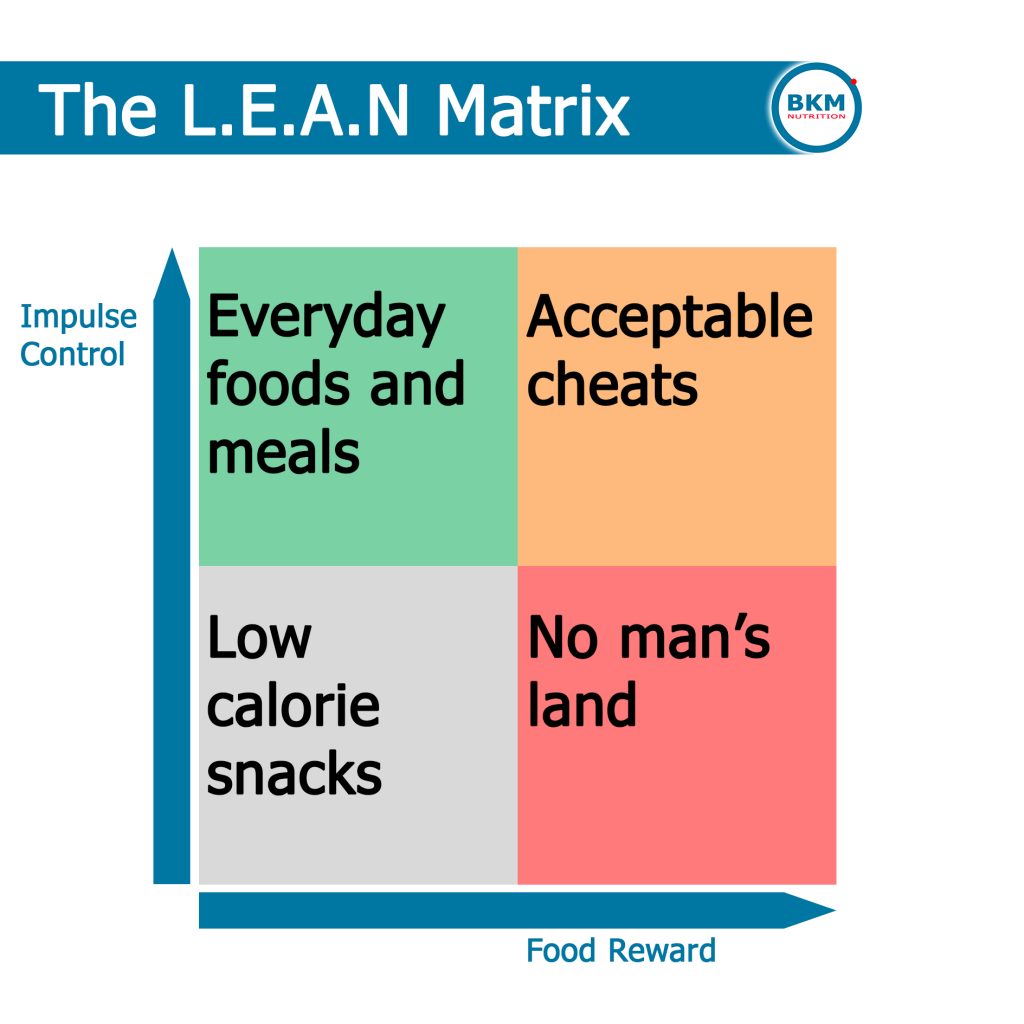
As for the stealer of chips?
Watch this reel
